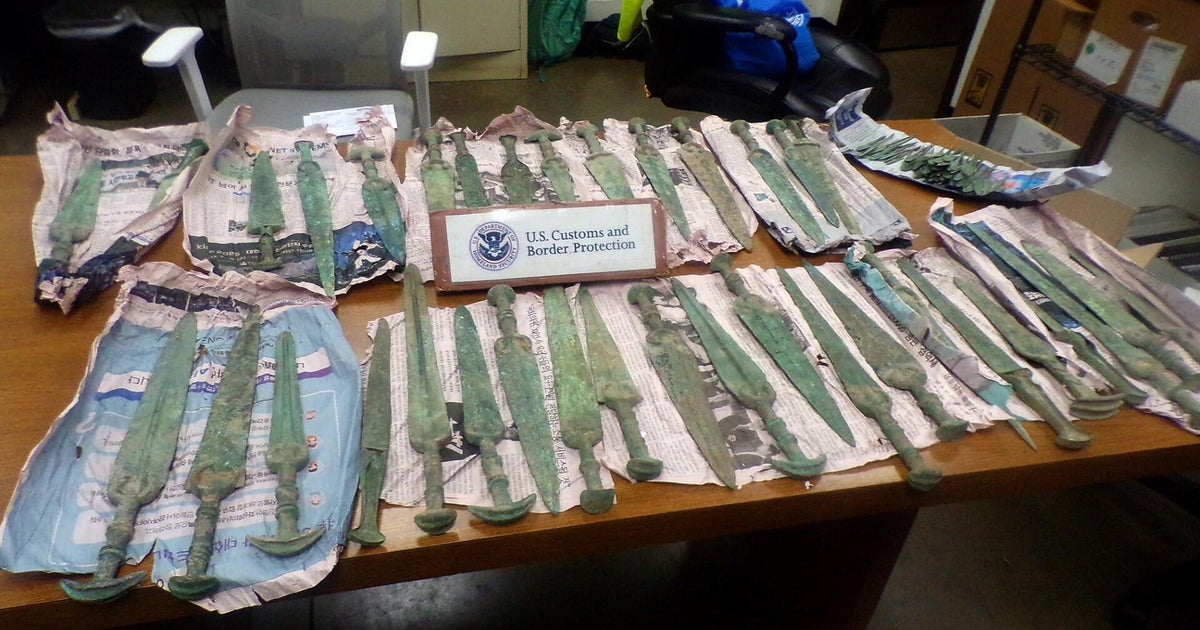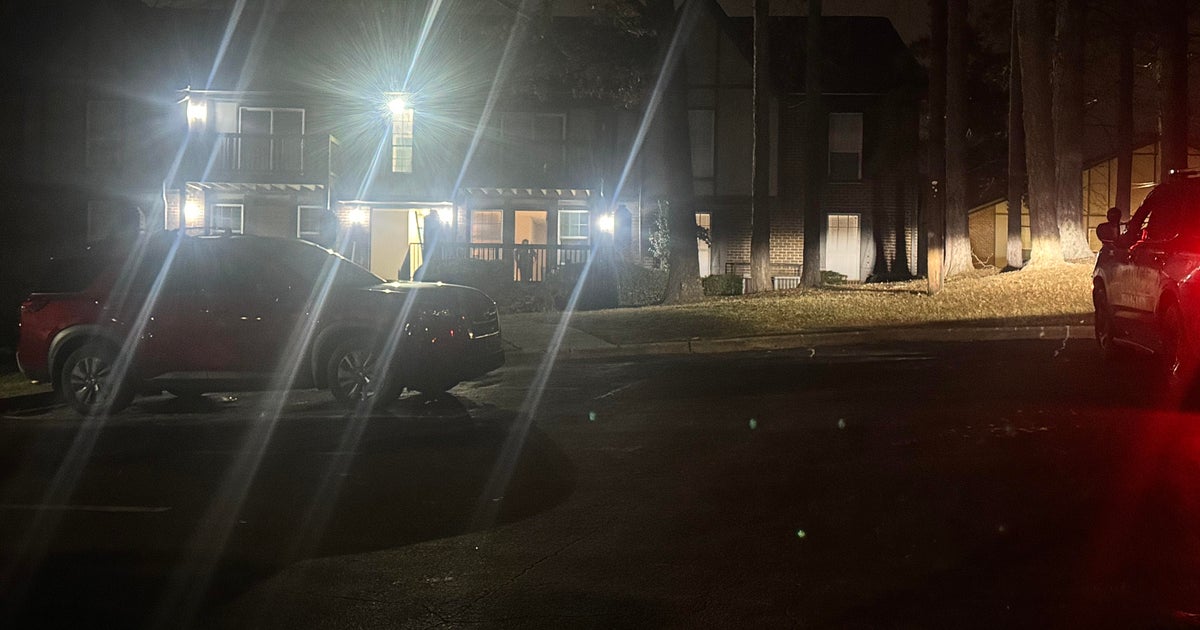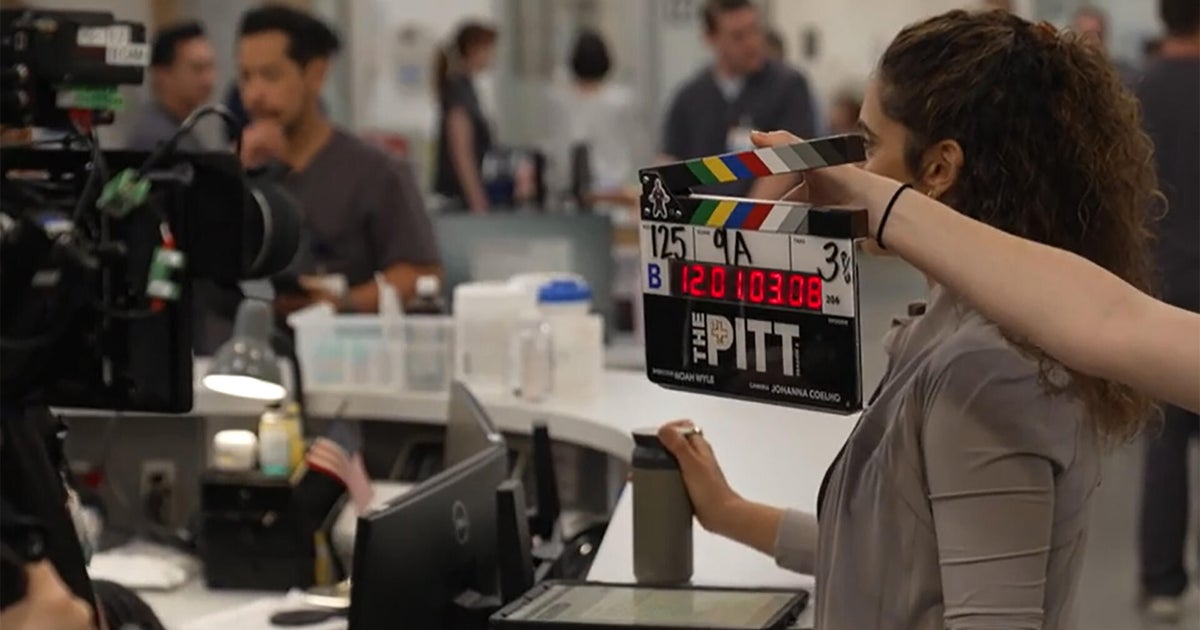Congresswoman Calls Out Task Force Over Mammo Recommendations
Follow CBSMIAMI.COM: Facebook | Twitter
WASHINGTON (CBSMiami) - A congresswoman from South Florida has an issue with the latest recommendation for the U.S. Preventative Services Task Force on when women should begin mammogram screenings to detect breast cancer.
On Monday, the task force recommended mammograms every other year for women ages 50 to 74. The group said women in their 40s should make individual decisions with their doctors. The task force's recommendation comes after the American Cancer Society updated their recommendation and said women should start getting annual mammograms at the age of 45.
Rep. Debbie Wasserman Schultz, Chair of the Democratic National Committee, said in a statement that she feels the recommendation could put younger women at risk because insurance companies may stop paying for their tests.
"These guidelines indicate that screening for women under 50 is less beneficial in detecting breast cancer than for older women. However, because insurance companies often use these guidelines to determine coverage for these critical life-saving screenings, these new recommendations could potentially bar millions of women from getting coverage for screenings they need," said Wasserman Schultz in the statement.
Last year the congresswoman worked with Rep. Renee Ellmers to get the Protecting Access to Lifesaving Screenings Act (PALS Act) passed. The measure, signed by President Barack Obama in December, places a two-year moratorium on implementing the the task forces' guidelines so patient advocacy groups and the medical community can study the impact of their implementation.
"Now that their recommendations are finalized and we have the moratorium in place, it is time for USPSTF, HHS, NCCI and CDC, expert organizations such as ACS and ACOG, insurance companies, patient advocates, and my colleagues in Congress to work together to ensure young women have access to life-saving preventive services, especially women from disadvantaged communities and populations," according to the Waaserman Schultz statement.
The Weston Democrat speaks from experience.
"As a breast cancer survivor, I know how critical early detection and prevention is to fighting and beating this deadly disease, and I know we are all dedicated to that life-saving mission. This two-year moratorium will enable all stakeholders to clarify and address the confusion that multiple, disparate recommendations risks causing young women," said Wasserman Schultz.
Wasserman Schultz said federal agencies, health organizations and insurers must work together so that the varying recommendations do not "inadvertently prevent coverage and access to screenings for all young women who need them."







